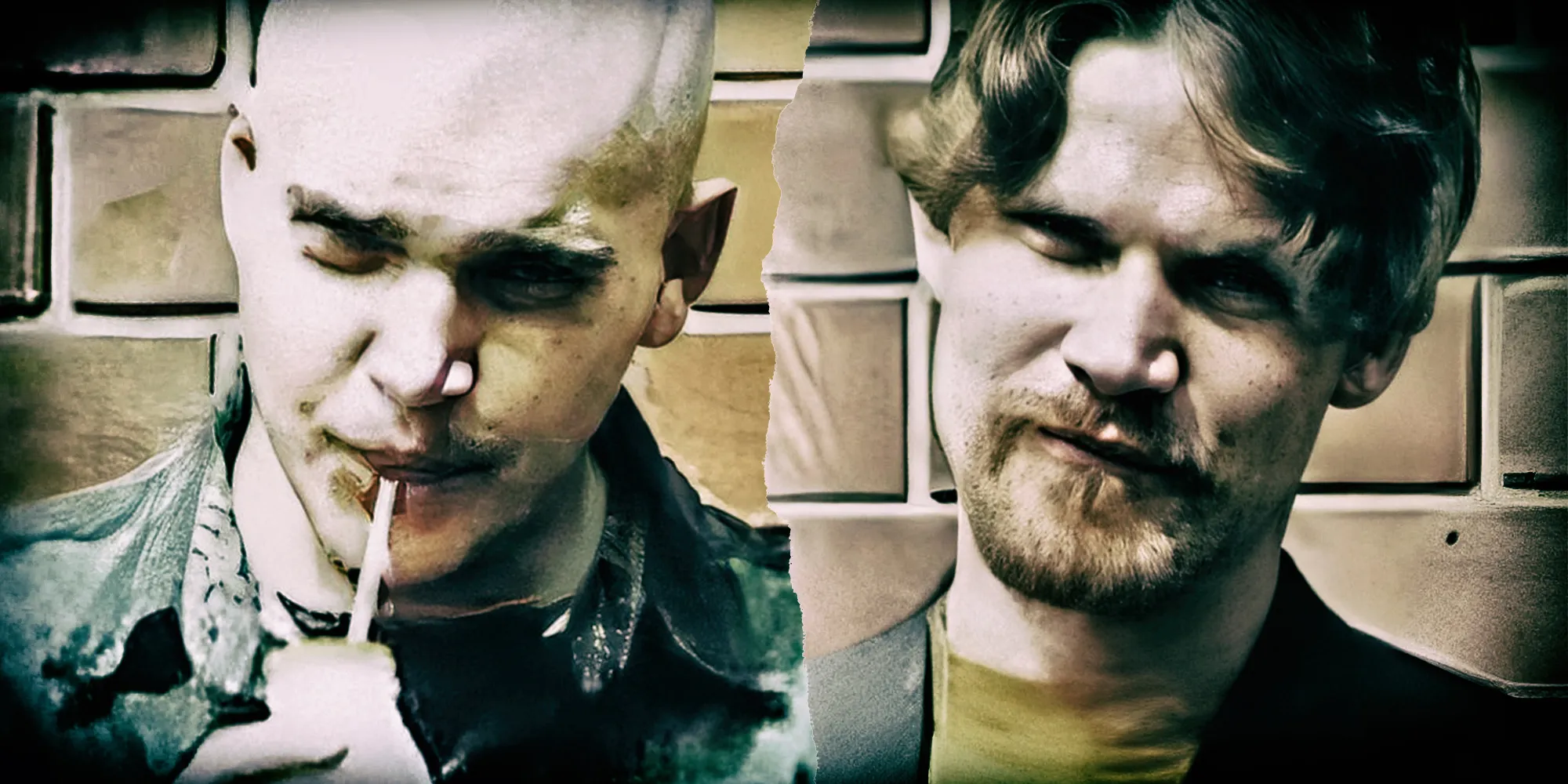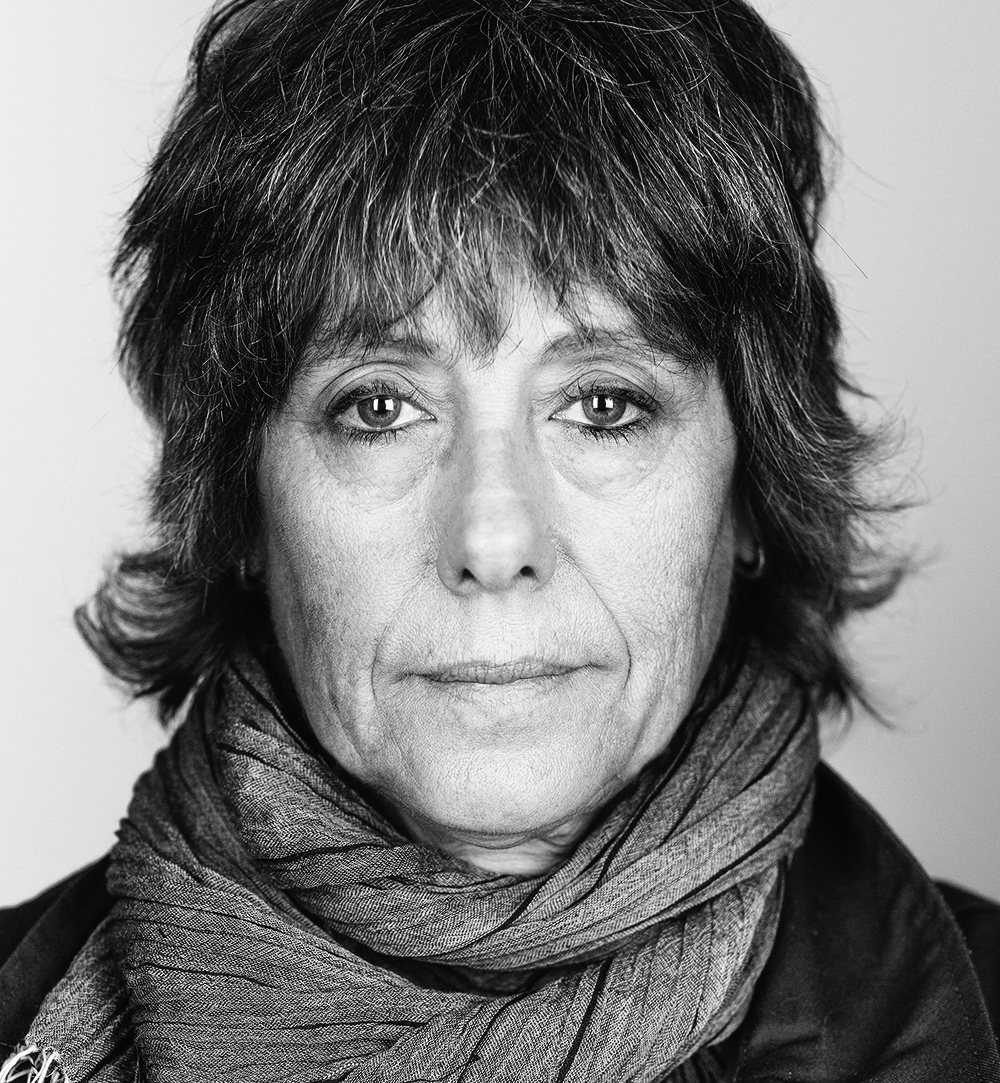Alison Botha (née Collier) was 27 when she survived the attack by the two men which took place in 1994 on a remote beach in Gqeberha.
The duo had previously abducted and raped two other women, one pregnant at the time, and were out on bail when they kidnapped Collier with the intention of raping and killing her. They were sentenced to life in 1995.
 Rape survivor, writer and campaigner Alison Botha in 2012. (Photo: Gallo Images / Foto24 / Yunus Mohamed)
Rape survivor, writer and campaigner Alison Botha in 2012. (Photo: Gallo Images / Foto24 / Yunus Mohamed)
In July 2022, then Minister of Justice and Correctional Services Ronald Lamola received a recommendation from the National Council of Correctional Services, chaired by Judge Brian Mashile, that both men be released on parole. A year later they were, to Botha’s surprise, shock and anguish.
On 4 February 2024, newly sworn-in Minister of Correctional Services Pieter Groenewald revoked their parole and ordered that they both be reincarcerated.
 Minister of Correctional Services Pieter Groenewald. (Photo: Gallo Images / Brenton Geach)
Minister of Correctional Services Pieter Groenewald. (Photo: Gallo Images / Brenton Geach)
Read more: Rape survivor Alison Botha’s attackers back behind bars after minister revokes parole
The “excuse” the correctional services legal department had provided for the release was that Alison had consistently declined to meet her rapists or participate in the Victim Offender Dialogue programme.
Frans du Toit was diagnosed as a psychopath and narcissist after his incarceration, while Kruger was found to suffer from Borderline Personality Disorder.
The hair-raising Lionel Shriver novel, We Need To Talk About Kevin, has popularised the notion that psychopaths are just born nasty. However, overwhelming evidence indicates psychopaths and sociopaths are more often than not birthed and shaped by the families, communities and societies in which they find themselves.
Like the thousands of young men who find themselves jammed into overcrowded prisons in South Africa, poverty, parental neglect, sexual, physical and substance abuse, violence and a lack of education all played a role in shaping Du Toit and Kruger into the disfigured, rageful and dangerous men they became.
Shattering the ‘taboo’
Documents made public in a court challenge by Tania Koen, Alison’s legal representative, of the decision by the parole board to free both men, make clear Du Toit’s views of women and rape at the time.
In an interview with a psychologist, Du Toit admits to being 15 when he began to target women because the “taboo” of reporting rape to the police, risking identification and exposure, made it easy.
Alison Botha was the first survivor in this country to claim her space in public and push back on the veil of shame and secrecy surrounding a crime which remains an epidemic globally.
Not only that, she went on to become a best-selling author and motivational speaker, inspiring thousands of other women who have suffered gender-based violence and trauma.
In several written pleas and submissions to the department opposing the parole of both her attackers over time, Alison set out the aftermath of the callous deed.
 Convicted rapists Theuns Kruger and Frans du Toit. (Photo: Supplied | Sharpened using AI)
Convicted rapists Theuns Kruger and Frans du Toit. (Photo: Supplied | Sharpened using AI)
“I am an innocent, law-abiding South African citizen whose life was cruelly destroyed by two people who had no regard for the law or my human rights whatsoever. The consequences for me, the victim, is that I am going to have to live with this my whole life.”
On the other hand, Du Toit, the psychologist states in her report, “justified that positive things came out of his crimes as the third victim [Botha] has been able to save thousands of women from rape through her book, movie and motivational talks that she does. The offender further vindicated the reasons for committing the crimes were due to his upbringing.”
Alison further revealed to the parole board: “My body still carries the visible scars that are the result of all the injuries and I have to choose daily not to allow this to negatively affect me. My neck has never recovered its full strength since the anterior muscle [injury] was severe, and as a result I suffer from severe headaches and chronic pain and my breathing is impaired. My abdominal injuries have resulted in chronic gastrointestinal disorders.”
Read more: A long road ahead as Alison Botha undergoes brain surgery
A social worker evaluating Du Toit noted, “He doesn’t understand why the victim does not want to forgive him for the crime committed against her because it happened long ago. He is of the opinion that he is a changed person, and if he can be given a second chance he will prove himself to her.”
Why should he be punished for the rest of his life, he asked the official. All he needed was a second chance.
Grandiosity
 Frans du Toit (centre) at Grootvlei Prison in Bloemfontein on 23 April 2012. (Photo: Gallo Images / Volksbald / Marinus Mulder)
Frans du Toit (centre) at Grootvlei Prison in Bloemfontein on 23 April 2012. (Photo: Gallo Images / Volksbald / Marinus Mulder)
Du Toit, noted the psychologist, “presented with a grandiose sense of self-importance as indicated in his boastful matter of explaining his placement within an elite battalion of the army, his ranking within the 28s gang, this is equivalent to being a Koning, and that he believes he was able to sexually pleasure the third victim better than her husband could which resulted in their divorce”.
The grotesque logic of that statement alone should have sent alarm bells ringing throughout the parole board. Instead, officials appear to have fallen for his alleged religious conversion which, according to records, bounced between Satanism and the occult, Rastafarianism and whatever brand of Christianity was on offer.
According to his G367 prison visit card, “there is no indication of people – friends or family that visit Mr Du Toit”.
The making of the man
Du Toit grew up in Jeffreys Bay, about 70km outside Gqeberha, and was raised by a single mother who later remarried. He claimed to have been a product of rape and that he did not know the identity of his biological father.
“The first 10 years of his life were terrible as his mother had different relationships with different men and they abused both of them,” noted the social worker.
Du Toit had witnessed his mother being “assaulted and humiliated both sexually and physically” and that he had at times been hurt trying to defend her.
After Du Toit’s mother remarried, he was legally adopted by his stepfather and became the half-brother to a younger sister who later claimed he had raped her as a child.
His family had been poor, but his stepfather had been a good man who had tried to instil “Christian” values in him. Du Toit remained close to his stepfather, who died in 2004.
But Du Toit, due to his poverty, said he felt like an outcast. He withdrew from “his community”, dropped out of school and “began making friends with the coloured community” where he felt “accepted”. It was here he was introduced to gangs and drugs.
“He said he tried to be a good person to impress his stepfather but it was difficult as he was in too deep.”
Du Toit, whose father was a policeman, failed Grade 9 twice and ended up hanging out on the beach befriending men who had been imprisoned.
From Jeffreys Bay, he moved to Welkom to work as a blaster with a mining company before moving back to Gqeberha to work as a dispatch clerk. In 1992 he married a woman “whose father was Indian and mother Chinese” and they had a son. His wife’s family did not accept him, he said.
The other man
Theuns Kruger, Du Toit’s younger accomplice, left school in Grade 10 in 1993 before joining the SANDF. Later he shot himself in the foot while working for a security company and had also tried his hand at sales repping, all of which had been a failure.
Kruger had later found employment as an assistant to a foreman with a salt company, but left after he had been ordered to clean up the mess left by a colleague who had shot himself in the head. This had had “a profound” impact on him.
Kruger, who grew up in a family that moved often due to his father’s work in forestry, displayed behavioural problems from a young age and was diagnosed with BPD and antisocial personality disorder. He too had been subjected to emotional, physical and sexual abuse as well as neglect.
The consequences for Alison and thousands of women in this country who are targeted by these men are shattering. DM




 Frans du Toit at Grootvlei Prison in Bloemfontein on 23 April 2012. (Photo: Gallo Images / Volksbald / Marinus Mulder)
Frans du Toit at Grootvlei Prison in Bloemfontein on 23 April 2012. (Photo: Gallo Images / Volksbald / Marinus Mulder) 